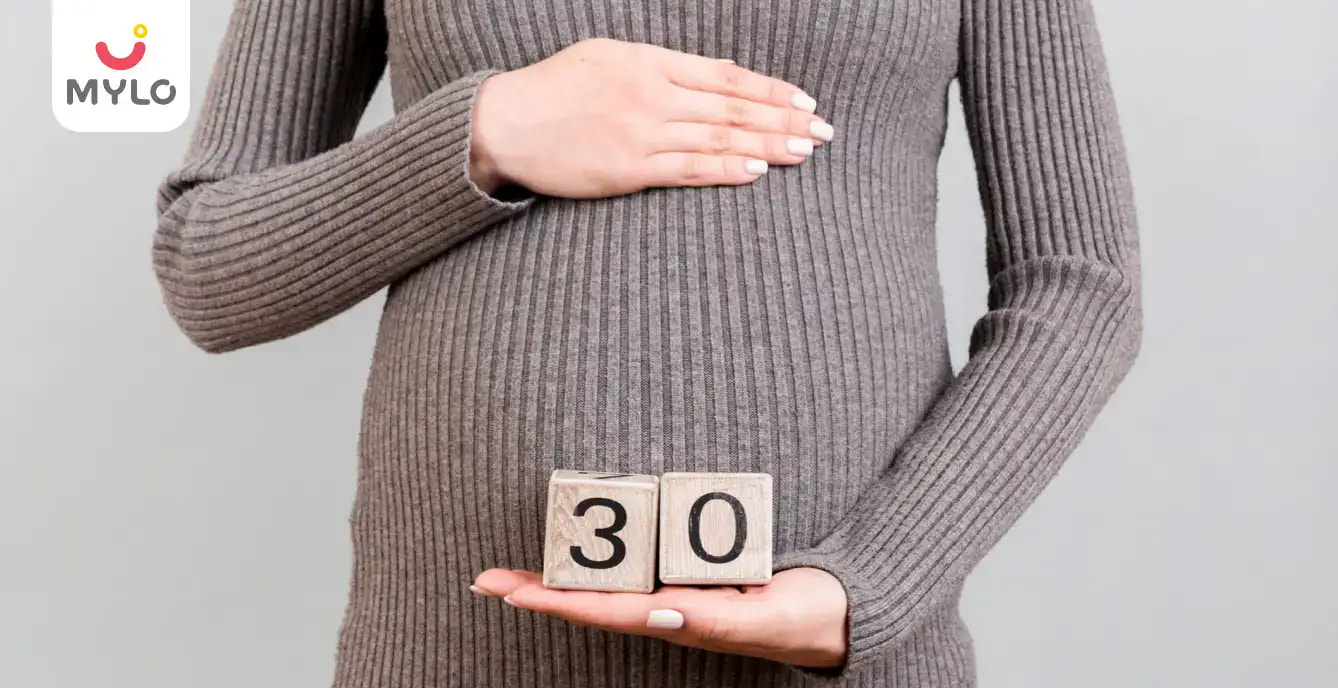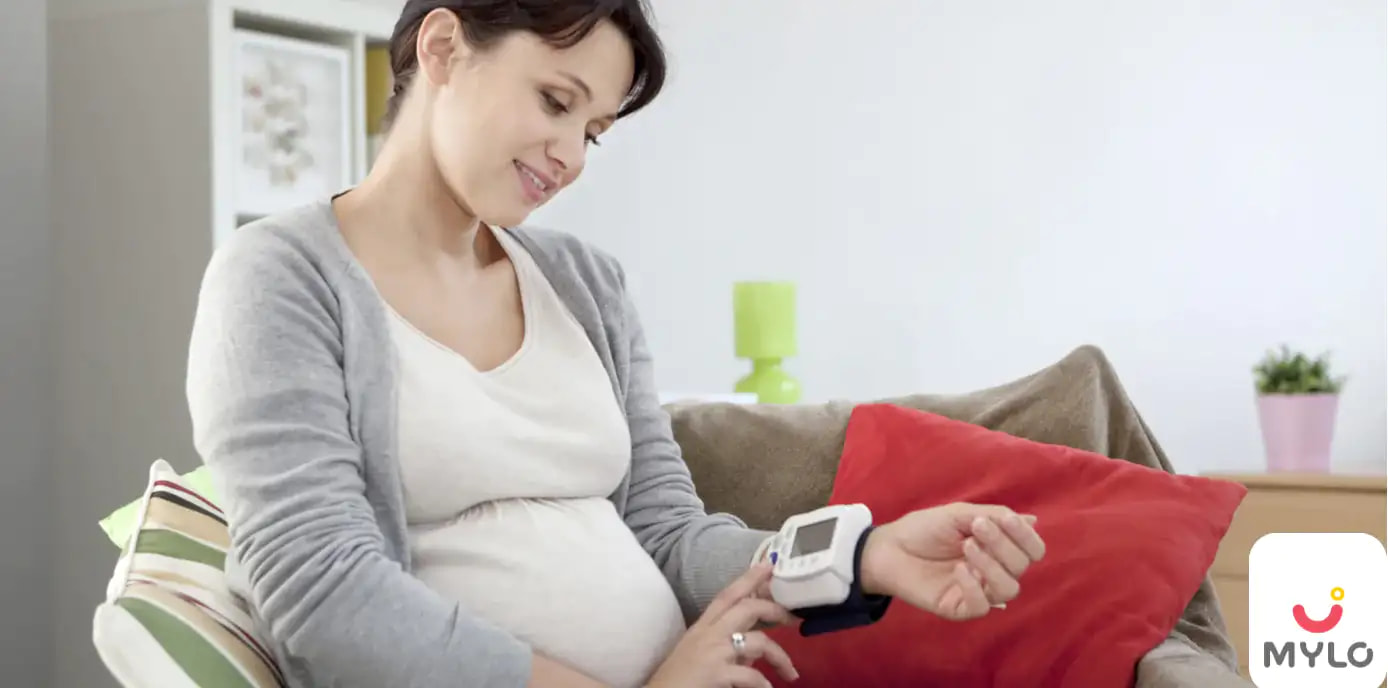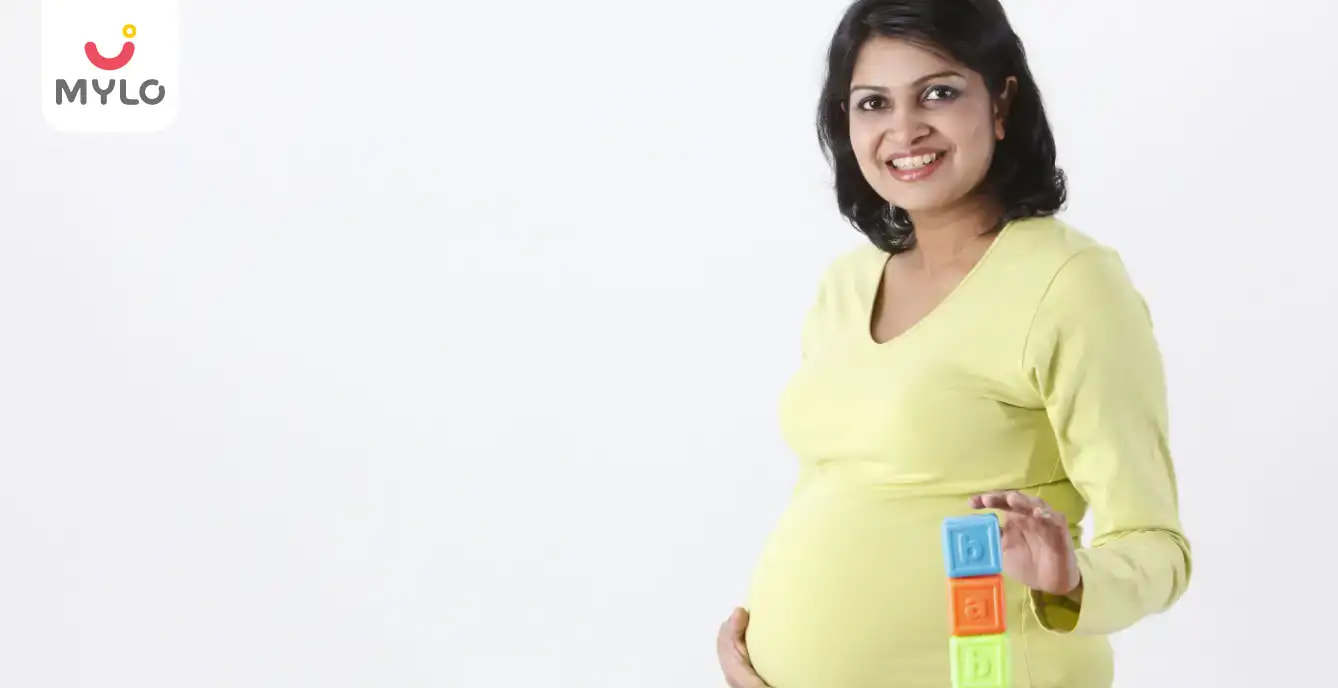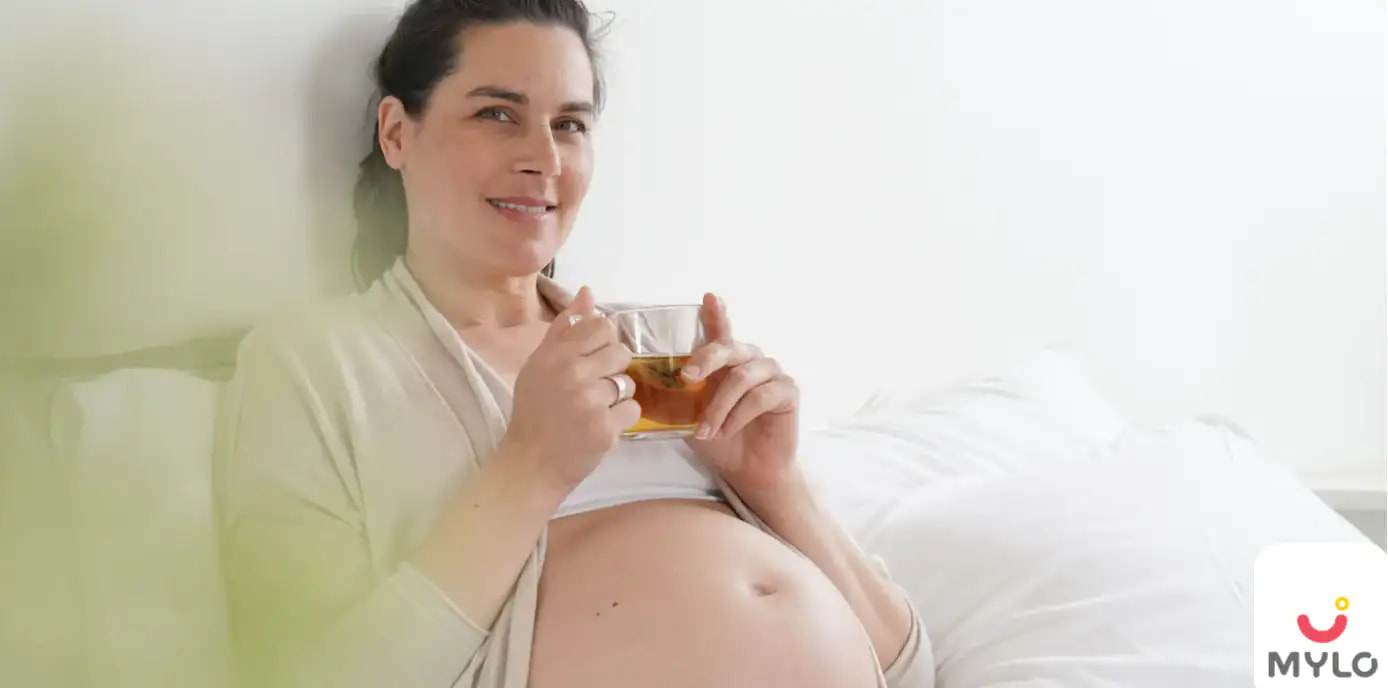Home

Pregnancy After 30 Risks and Benefits
In this Article

Pregnancy
Pregnancy After 30 Risks and Benefits
Updated on 3 November 2023
Pregnancy rates are increasing among women who are older. Some will be expecting their first kid, while others are expecting their second. Older mothers could be in a more secure financial situation or have established employment. Additionally, they could feel more qualified to care for a child than a young mother does. However, do older women and their newborns run any more significant risks?
Pregnancy after 30 risks and benefits are often less talked about but carry great significance.
Risks of pregnancy after 30
Many women put off starting a family until later in life. While fertility rates for women in their 30s are increasing, an older mother could be more vulnerable to issues like -
- Miscarriage.
- Birth flaws.
- Twins.
- Elevated blood pressure.
- Pregnancy diabetes.
- Arduous labor.
According to some research, older women are more likely to experience pregnancy complications, but their newborns may not be more troubled than those born to younger women. The result is more likely to occur when women receive quality prenatal care and give birth in a hospital equipped to handle high-risk pregnancies and newborns.
The following sections give an overview of pregnancy risks by age chart.
Possibility of chromosomal issues
The older the mother is, the higher the chance of chromosomal issues. Over time, there is a rising likelihood of having a kid with Down syndrome. A woman pregnant at age 25 runs a risk of around 1 in 1,250. If a woman conceives at 40, the likelihood rises to roughly 1 in 100. The dangers could be more significant. The reason for this is that many statistics only include live births. They do not record chromosome-problem pregnancies that result in a miscarriage.
The likelihood of delivering a second baby having Down syndrome increases after having one child already. The woman's age at delivery determines the possibility of recurrence of Down syndrome after age 40.
Most Down syndrome babies are born to moms under the age of 35. This is due to the fact that women under 35 have more children than women above 35.
Risk of miscarriage
According to research, older moms had a higher risk of miscarriage (gestational loss). For all women, chromosomal issues in the unborn child cause around half of the first-trimester miscarriages. The age of the mother raises the likelihood of chromosomal problems. Miscarriage is thus also more probable.
Working with a healthcare provider
To avoid pregnancy risks after 30, discussing the expecting mother's health with a healthcare professional is good, especially if she is over 30. It helps to discuss strategies for ensuring a healthy pregnancy for the mother and the unborn child. A genetic counselor or specialist is the best option in such cases. They can explain the findings of chromosomal tests fully. Explanations include the potential hazards of a subsequent pregnancy and the types of testing that can identify genetic issues before the baby is born.
Chromosome issues and other biological birth disorders can be diagnosed or ruled out with the aid of prenatal testing. Testing might involve -
- A blood test.
- Ultrasound: In this imaging procedure, sound waves are used to examine the baby's organs and other structures.
- Sample chorionic villus (CVS): A specimen of the tissues surrounding the newborn is used for this test.
- Amniocentesis: An amniotic fluid sample is used for this test.
- Fetal DNA isolated from cells: This test looks for chromosomal issues in the mother's blood.
How to prepare for quality prenatal care?
Pregnancy after 30 risks and benefits are many, but women over 35 can still become pregnant and give birth successfully. Many of the hazards that mother and child confront can be avoided and treated because of improvements in medical care.
Early and consistent prenatal care is essential to have a healthy baby at any time. It is important for the following reasons.
- Maintain good health both before and throughout the pregnancy.
- Eat healthily and work out frequently.
- Avoid alcohol and cigarettes because they can harm the unborn child.
- Tale 400 mcg of folic acid daily before and during pregnancy to reduce the chances of birth defects.
- Take low-dose aspirin beginning at the end of the first trimester for women with type 1 or type 2 diabetes to reduce the risk of preeclampsia.
Women planning to be mothers after the age of 35 must consult experts for pregnancy risks by age chart to understand the risks and complications associated with older pregnancies.
Becoming a mother is a beautiful experience. But it is also essential to be aware of pregnancy after 30 risks and benefits for that experience to be an enjoyable learning experience and stress-free.



Written by
Sanju Rathi
Get baby's diet chart, and growth tips

Related Articles
RECENTLY PUBLISHED ARTICLES
our most recent articles

Diet & Nutrition
গর্ভাবস্থায় আলুবোখরা: উপকারিতা ও ঝুঁকি | Prunes During Pregnancy: Benefits & Risks in Bengali

Diet & Nutrition
গর্ভাবস্থায় হিং | ঝুঁকি, সুবিধা এবং অন্যান্য চিকিৎসা | Hing During Pregnancy | Risks, Benefits & Other Treatments in Bengali

Women Specific Issues
স্তনের উপর সাদা দাগ: লক্ষণ, কারণ এবং চিকিৎসা | White Spots on Nipple: Causes, Symptoms, and Treatments in Bengali

Diet & Nutrition
গর্ভাবস্থায় পোহা: উপকারিতা, ধরণ এবং রেসিপি | Poha During Pregnancy: Benefits, Types & Recipes in Bengali

Diet & Nutrition
গর্ভাবস্থায় মাছ: উপকারিতা এবং ঝুঁকি | Fish In Pregnancy: Benefits and Risks in Bengali

Diet & Nutrition
গর্ভাবস্থায় রেড ওয়াইন: পার্শ্ব প্রতিক্রিয়া এবং নির্দেশিকা | Red Wine During Pregnancy: Side Effects & Guidelines in Bengali
- ইনার থাই চ্যাফিং: কারণ, উপসর্গ এবং চিকিৎসা | Inner Thigh Chafing: Causes, Symptoms & Treatment in Bengali
- গর্ভাবস্থায় ব্রাউন রাইস: উপকারিতা ও সতর্কতা | Brown Rice During Pregnancy: Benefits & Precautions in Bengali
- Velamentous Cord Insertion - Precautions, Results & Safety
- Unlock the Secret to Flawless Skin: 7 Must-Have Qualities in a Face Serum
- Unlock the Secret to Radiant Skin: How Vitamin C Serum Can Transform Your Complexion
- Gender No Bar: 10 Reasons Why Everyone Needs a Body Lotion
- Unlock the Secret to Radiant Skin How to Choose the Perfect Body Lotion for Your Skin Type
- Top 10 Reasons to Apply a Body Lotion After Every Bath
- Communication in Toddlers: Milestones & Activities
- How to Improve Vocabulary for Toddlers?
- A Comprehensive Guide to Understanding Placenta Accreta
- Vulvovaginitis in Toddlers Causes, Symptoms and Treatment
- A Comprehensive Guide to Understanding Cerebral Palsy in Children
- Bitter Taste in Mouth During Pregnancy: Understanding the Causes and Remedies


AWARDS AND RECOGNITION

Mylo wins Forbes D2C Disruptor award

Mylo wins The Economic Times Promising Brands 2022
AS SEEN IN
















- Mylo Care: Effective and science-backed personal care and wellness solutions for a joyful you.
- Mylo Baby: Science-backed, gentle and effective personal care & hygiene range for your little one.
- Mylo Community: Trusted and empathetic community of 10mn+ parents and experts.
Product Categories
baby carrier | baby soap | baby wipes | stretch marks cream | baby cream | baby shampoo | baby massage oil | baby hair oil | stretch marks oil | baby body wash | baby powder | baby lotion | diaper rash cream | newborn diapers | teether | baby kajal | baby diapers | cloth diapers |








